 Year in and year out, we are always going to be flush with screen adaptations of William Shakespeare. In 2016 the BBC produced a made-for-television adaptation of his comedy A Midsummer Night’s Dream, directed by David Kerr and adapted and produced by Russell T Davies. Davis purpose in this film was simple: present an adaptation of William Shakespeare that would appeal to a prime-time Saturday night audience – the same audience Davies had successfully fostered when producing Doctor Who from 2005 to 2009.
Year in and year out, we are always going to be flush with screen adaptations of William Shakespeare. In 2016 the BBC produced a made-for-television adaptation of his comedy A Midsummer Night’s Dream, directed by David Kerr and adapted and produced by Russell T Davies. Davis purpose in this film was simple: present an adaptation of William Shakespeare that would appeal to a prime-time Saturday night audience – the same audience Davies had successfully fostered when producing Doctor Who from 2005 to 2009.
Transforming Shakespeare’s theatre to film and television has always been a more difficult task than audiences generally realise. For one thing, his playscripts all run very long by modern standards: Elizabethan theatre was written for actors to essentially never stop talking, whereas modern acting – and audience expectations of it – demand dramatic pauses, emotive ‘beats’, and other techniques that slow down delivery and can stretch a two-hour Elizabethan performance into a four-hour monstrosity. To enable his Midsummer’s to fit an easy 90 minutes Davies has made significant cuts for television. They are broadly suitable, but for viewers used to the staged version the film feels unavoidably diminished.
It is the play’s Athenian characters that suffer the most from this. Davies re-imagines the framing device – the marriage of Theseus, Duke of Athens, to Hippoyta, Queen of the Amazons – as a forced action. Theseus is a fascist despot with Hippoyta an unwilling bride dragged around in face-mask and bindings like Hannibal Lecter in The Silence of the Lambs. It adds an element of drama, particularly to the film’s climax, but it does so an the expense of the play’s overall sense of whimsy. The misadventures of four mismatched lovers in the forest – on stage a particular comedic highlight – feels strangely truncated and ineffective. It also feels poorly cast. Kate Kennedy’s Helena is strong and amusing, but Prisca Bakare falls flat as rival Hermia and Matthew Tennyson’s Lysander feels actively unlikeable.
Matt Lucas plays Nick Bottom, the weaver turned amateur actor who is magically transformed by fairies into a donkey and – with the help of a love potion – pushed into a gushing romance with the fairy queen Titania. Lucas is a divisive actor on television. Generally I do not enjoy his work – including a somewhat tiresome role in Doctor Who – but he actually works remarkably well here. His band of fellow players are also well-cast, including Elaine Paige, Richard Wilson, and British TV legend Bernard Cribbins in his final television performance before retiring.
If there is an aspect in which the film excels, it is in how director David Kerr realises the various fairies in Athen’s forests. Extensive visual effects give them a very glossy and gaudy appearance, with a much more fantastical tone than is typically seen in screen adaptations of the play. In terms of reflecting the traditional tone of Midsummer’s it struggles, but in terms of finding a mainstream entry to the play by all-age mainstream viewers it is excellent. The fairies are also exceptionally well cast and costumed, from Maxine Peak’s superb presentation as Titania (Boudica by way of The Lord of the Rings) through Hiran Abeysekara’s slightly more dangerous than usual Puck, to Nonso Anozie’s powerful and dominating King Oberon.
The pace is a little messy, and some elements work better than others, but overall A Midsummer Night’s Dream achieves its writer/producer’s overall goal. It positions Shakespeare not as an elite art project but as populist entertainment. As a gateway to other productions it is a grand success. While its climax feels rather forced and counter to Shakespeare’s intended tone, the denoument is wonderfully accurate. This is an imperfect but very enjoyable adaptation.
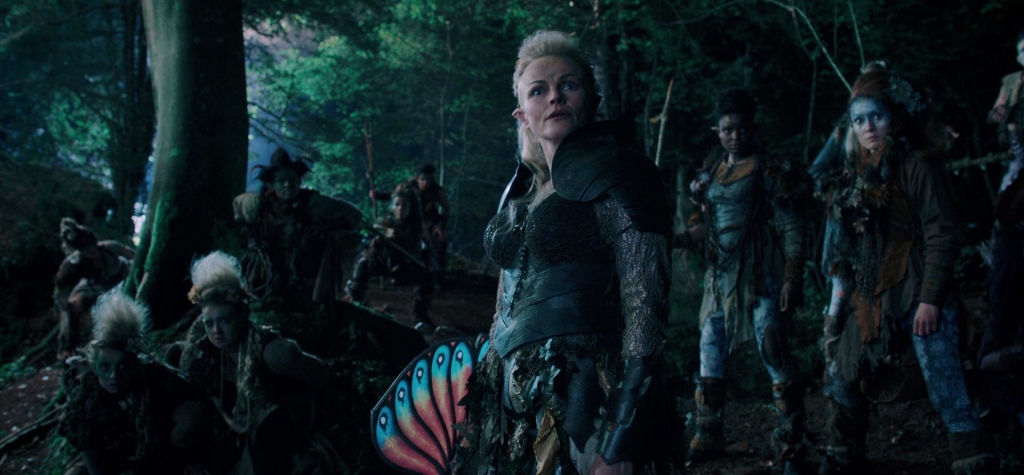
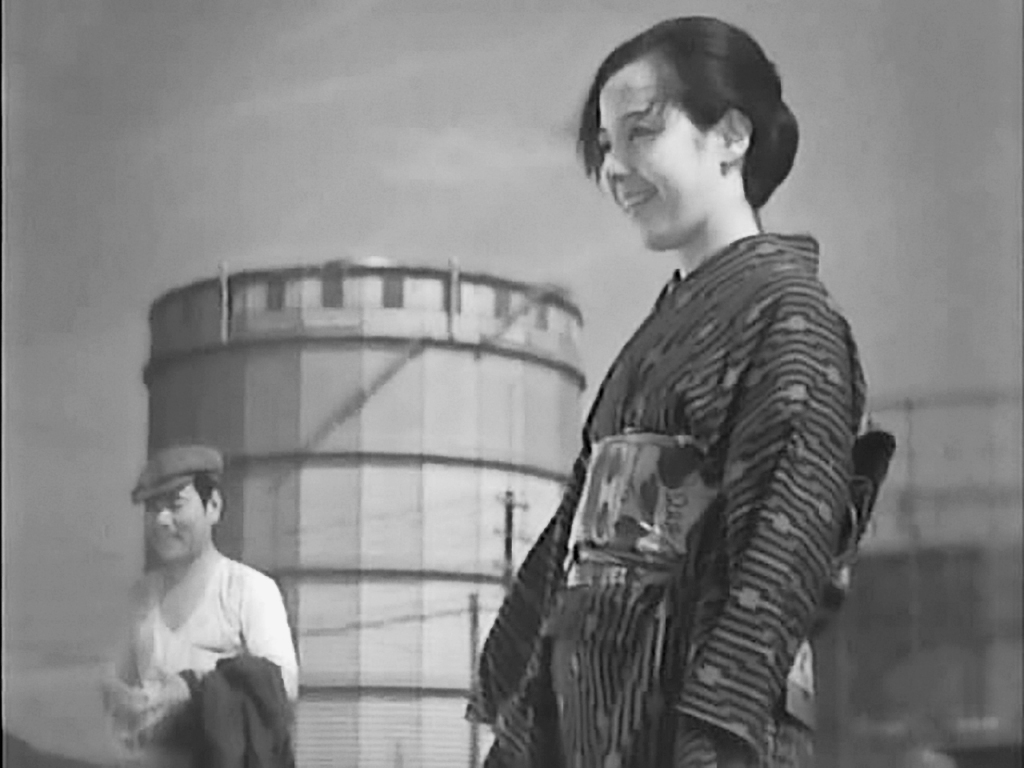
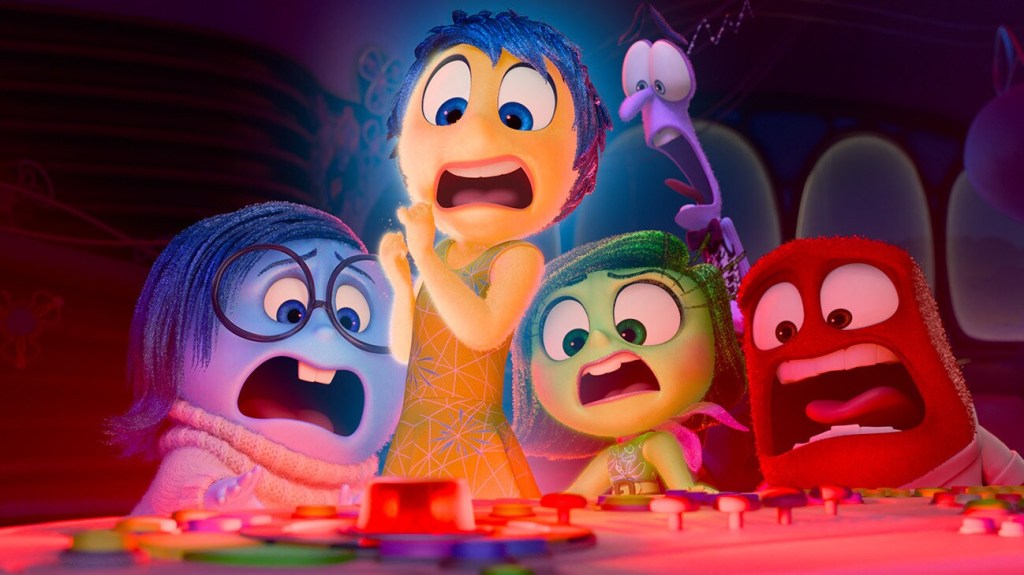
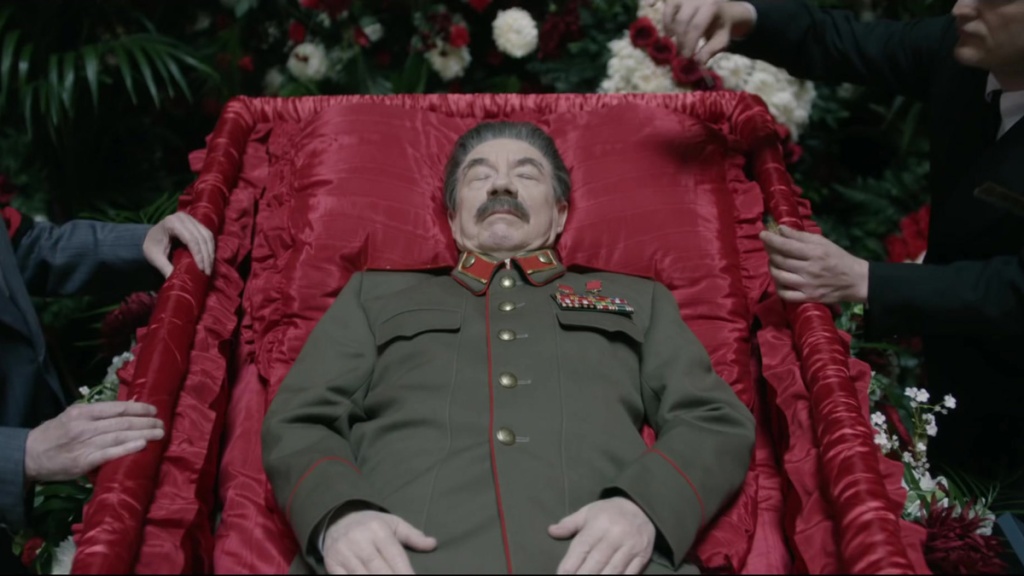
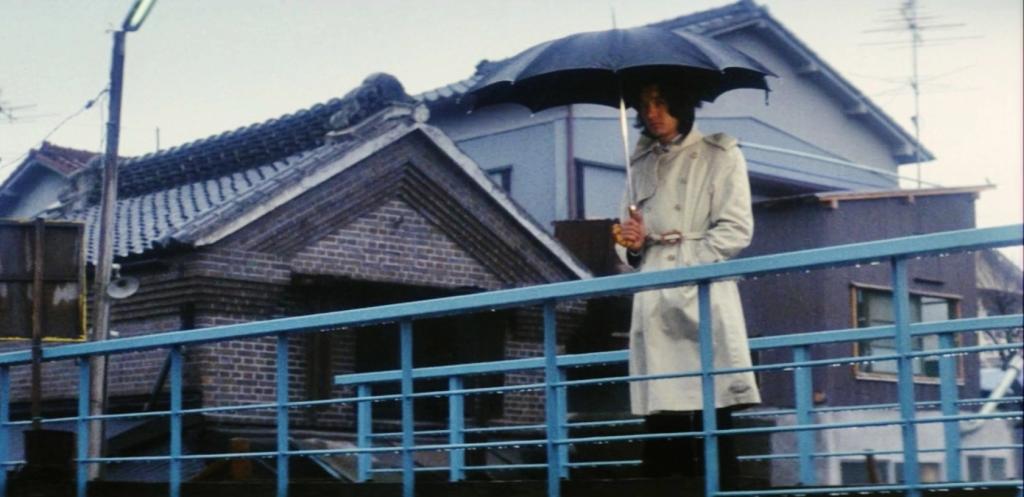
Leave a comment